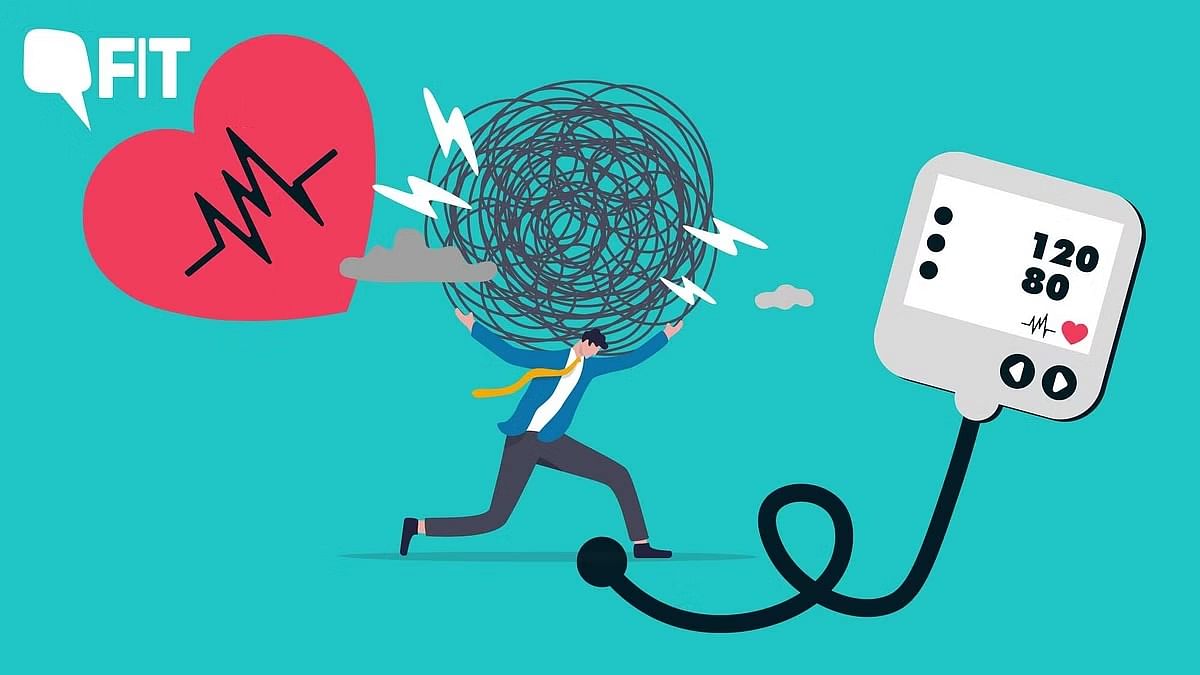Cardiovascular
Stress and the Heart: Doctors Unravel the Impact of Stress on Cardiovascular Health
The onset of bad routines that are detrimental to cardiovascular health is another way in which stress plays a role.
When under stress, many people resort to unhealthy habits like smoking, binge drinking, or overeating which increases the risk of gaining weight, developing high cholesterol, and heart disease.
The detrimental effects of stress on cardiovascular health highlight the urgency of creating efficient methods of dealing with stress.
-
Mind over matter
The first step in managing stress effectively is to pinpoint where it’s coming from.
Spend some time thinking about what might be causing your stress, and how you might be able to prevent or lessen it.
To counteract the body’s natural reaction to stress, relaxation techniques like deep breathing, meditation, yoga, or progressive muscle relaxation are particularly helpful.
-
Keep it moving
Regular exercise is an effective stress reliever and reduces depression.
Its salutary benefits on cardiovascular health, bone, metabolic health, and frailty also help in reducing the overall risk of cardiovascular disease and sudden death.
It also elevates your mood because of the release of endorphins. Finding a form of physical activity that you enjoy—be it a brisk walk, a fitness class, or a sport—can help alleviate stress and boost cardiovascular health.

